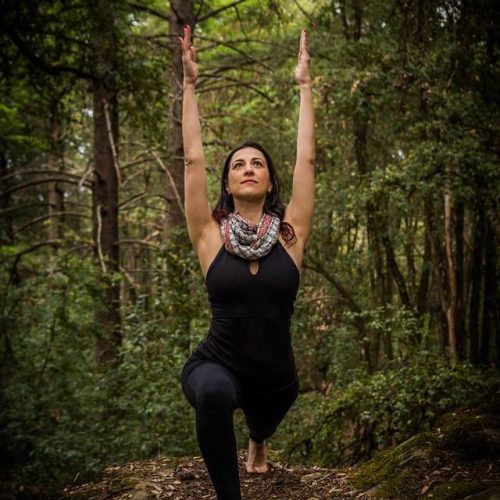
“Someone who has good emotional self-regulation has the ability to keep their emotions in check. They can resist impulsive behaviors that might worsen their situation, and they can cheer themselves up when they’re feeling down. They have a flexible range of emotional and behavioral responses that are well matched to the demands of their environment.”
– Andrea L. Bell LCSW, SEP from good therapy.org
Yoga practice’s big WHY has been guiding and supporting practitioners in developing self regulating tools since its beginnings. As human beings, we all have a yearning for balance, clarity and direction. Regular yoga practices are well documented and known to simply make us feel better in many ways and slowly, with intention and habit forming; the gift of carving awareness so we can see our patterns, reactions, triggers and physical imbalances.
Self regulation happens also at a biological level in our bodies, as well as in our nervous system. This workshop is an offering to dive into specific practices that support the development of these skills.
Course Schedule
Week 1: Breath centered flow and Pranayama practice (Breath)
The science of yogic breathing trains the mind in one pointed concentration while radically improving our ability to collect, store, regulate and use the energy we receive from the air we breathe. This ability builds presence which increases self regulation. Pranayama is both a physical and spiritual practice that brings distinct physiological effects like slower heart rate, decrease in cardiopulmonary stress, slower metabolic activity, muscle tension release as well as a myriad of emotional and psychological benefits.
Week 2: Drishti (focused gaze) flow (awareness/mental focus)
“Fixing the consciousness at one point or region is concentration” B.K.S Iyengar
We will explore using body sensations and eye concentration as a mental anchor in the present moment.
Through drishti we can cultivate a deeper level of concentration, improve our alignment, and tune into the inner sensations of the body in every pose, so that we are practicing with full awareness.Mental focus not only concentrates the mind but draws our energy inward along with it, which helps us internalize our senses. This awareness is important for the skill of self regulation.
Week 3: Seated forward bends and reclined twists practice (Yoga for Sleep Support)
We will explore lengthening the out breaths to reach relaxation and a long, guided savasana. A practice that focuses on head supported postures, gentle seated and reclined twists, is known to reduce stress, regulate the nervous system and bring a sense of balance in preparation for sleep. In addition, rhythmic breathing can be a great source of tranquility when there’s anxiety around bedtime.
Week 4: Slow breath-centered flow and short, guided meditations for body, mind and heart awareness ending with supported savasana and seated close. (Meditation and tools from prior practices)
Tracing our thoughts back to their origin is a profound practice. Actively cultivating the ability to do this in the moment has limitless potential for our spiritual health. Carving a regular meditation practice is beneficial in the fact that it creates space to regulate our responses in any given situation.
Yoga Props: Have the following available: mat, blocks, strap, blankets, and a bolster. It’s optional to have a chair and/or space at a wall for added support.
We’re sorry, but we don’t offer refunds or account credit on workshops or trainings.
This workshop will be conducted online via Zoom.
Password and instructions will be sent privately to registrants 30 minutes before workshop begins.
Sessions will be recorded and will be made available upon direct request to the instructor.
